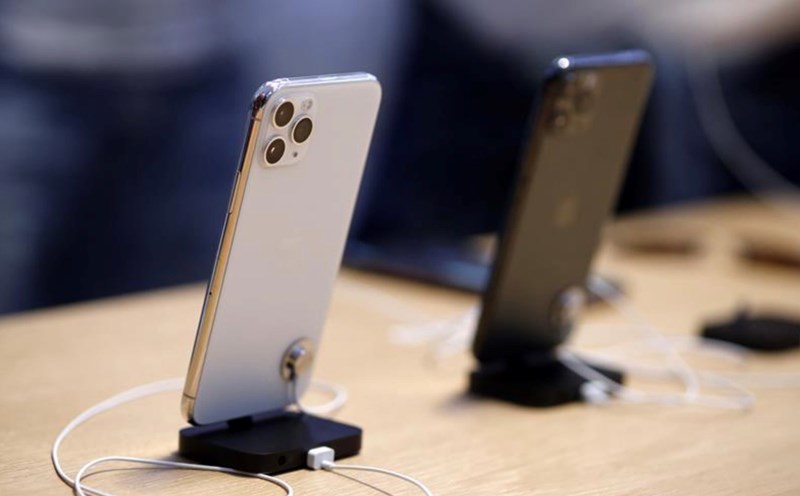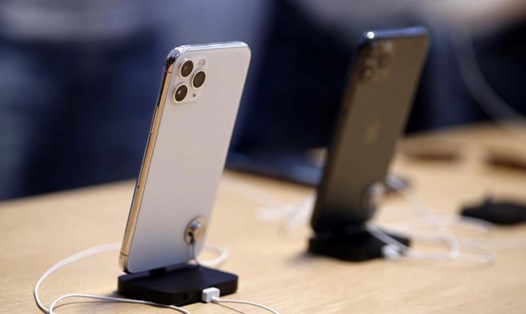This move comes as the company is trying to supplement supply in the key market while avoiding high taxes under President Donald Trump's new policy.
According to Reuters, Apple's cargo flights began taking off in March, with about 6 aircraft with a capacity of 100 tons per trip, one of which departed within the new tax rate week.
The door delivery does not show the urgency and remarkable scale of Apple's tariff response strategy.
Analysts warn that iPhone prices in the US are at risk of increasing sharply because the company still depends significantly on imported goods from some countries that are facing high tariffs. Meanwhile, the tax rate applied to imports from India is 26% and is currently deferred for 90 days according to a recent announcement by President Trump.
A source said that Apple has actively worked with authorities at Chennai airport ( Tamil Nadu, India) to speed up customs clearance, shortening the time from 30 hours to just 6 hours. This model is built in the same way Apple has deployed at airports in China.
Apple has increased iPhone production in India in recent times, not only to diversify the supply chain but also to limit the impact of trade tensions. Currently, about a fifth of iPhone imports to the US come from India, the rest are still mainly from China.
Although there has been no official response from Apple, the company's rental of private jets to transport a large number of iPhones has shown the seriousness of tariff pressure, as well as the company's proactiveness in protecting this important market.
With more than 220 million iPhones sold globally each year, Apple is struggling to maintain a stable supply due to major policy fluctuations.











